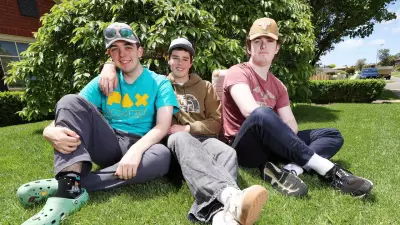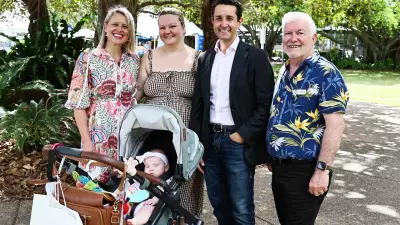
Western Australia is facing a critical crossroads in how it handles vulnerable young people, with disturbing new data revealing a system that's failing those who need help most.
According to recent analysis, the current approach to youth justice is fundamentally flawed, focusing on punishment rather than prevention. The statistics paint a grim picture of children as young as ten falling through the cracks and into custody.
The Broken Safety Net
Sophie Stewart's investigation uncovers a troubling pattern where early warning signs are consistently missed. Children displaying behavioural issues, struggling at school, or facing family challenges aren't receiving the support they need until it's too late.
'We're waiting until these kids are in crisis before we act,' Stewart argues. 'By then, the damage is often done, and the path to the justice system becomes almost inevitable.'
Education: The First Line of Defence
Schools are positioned as the critical battleground where intervention could make the most difference. Teachers and education staff are often the first to notice when a child is struggling, yet they lack the resources and support systems to provide meaningful help.
The current system creates a perfect storm:
- Overstretched support services in schools
- Long waiting lists for mental health care
- Inadequate funding for early intervention programs
- Lack of coordination between education and social services
A Call for Systemic Change
Stewart advocates for a complete shift in approach, moving from reactive punishment to proactive support. This would require significant investment in:
- Mental health resources in schools
- Family support programs
- Community-based intervention
- Cross-agency collaboration
The evidence suggests that early intervention isn't just morally right—it's economically smart. Preventing one young person from entering the justice system saves taxpayers hundreds of thousands of dollars while giving that child a chance at a productive future.
Time for Action
With youth crime becoming an increasingly political football, Stewart warns against simplistic solutions. 'Tough-on-crime rhetoric might win votes, but it doesn't help vulnerable children or make communities safer,' she writes.
The challenge now is whether Western Australian policymakers will heed this call for change or continue with a system that's clearly failing both children and the community.





